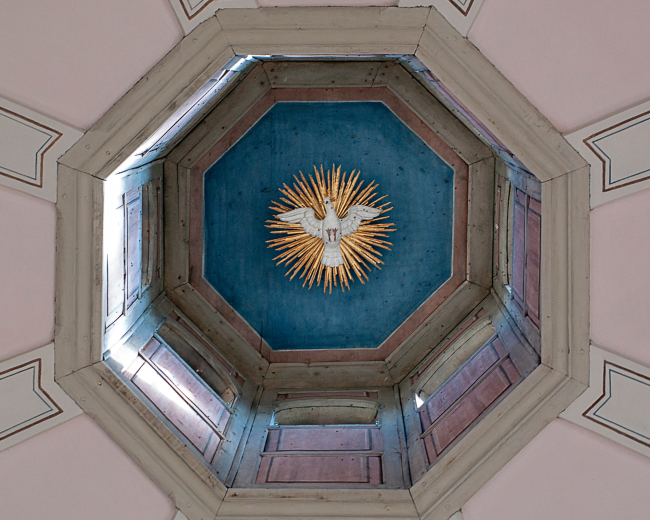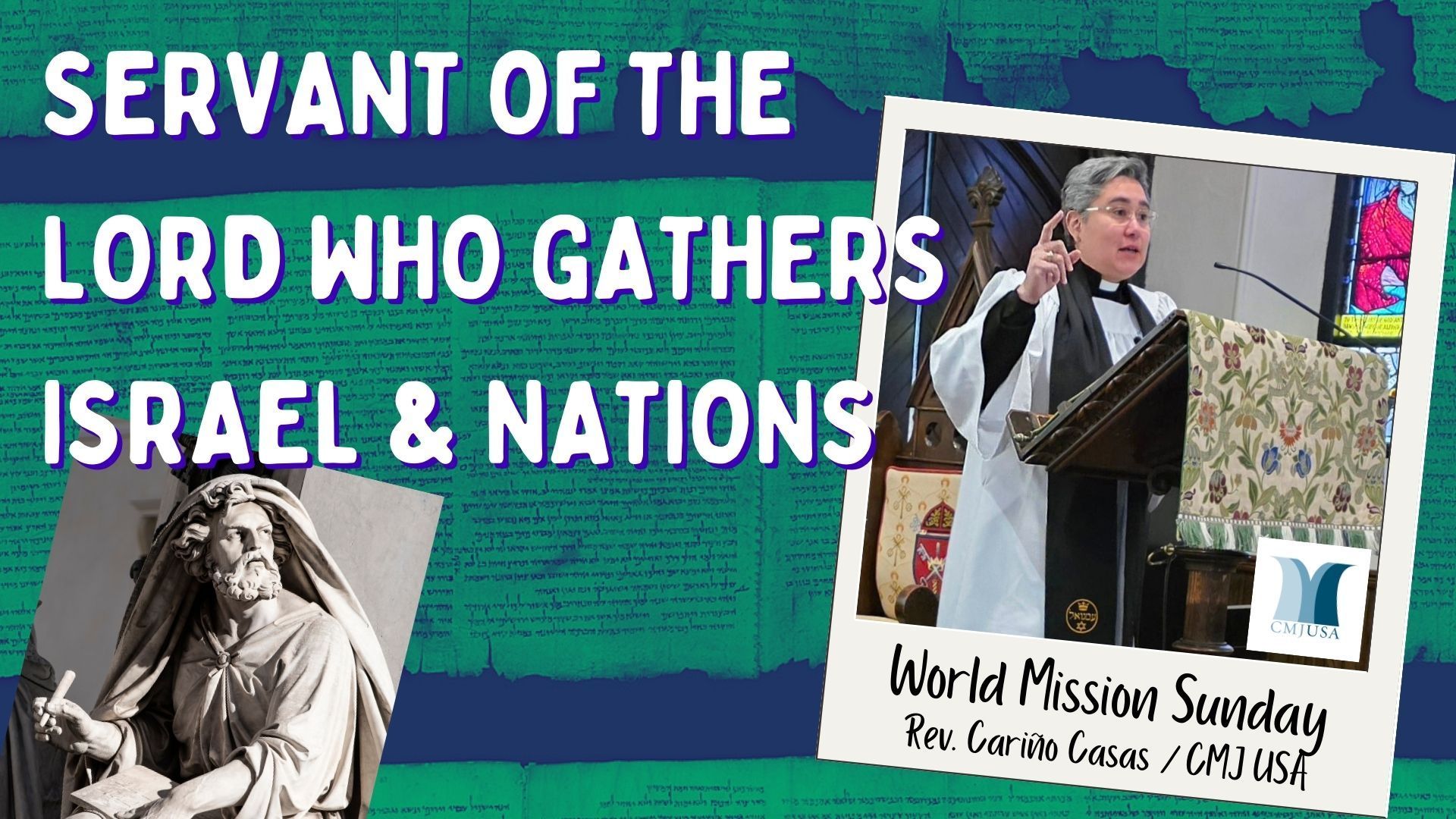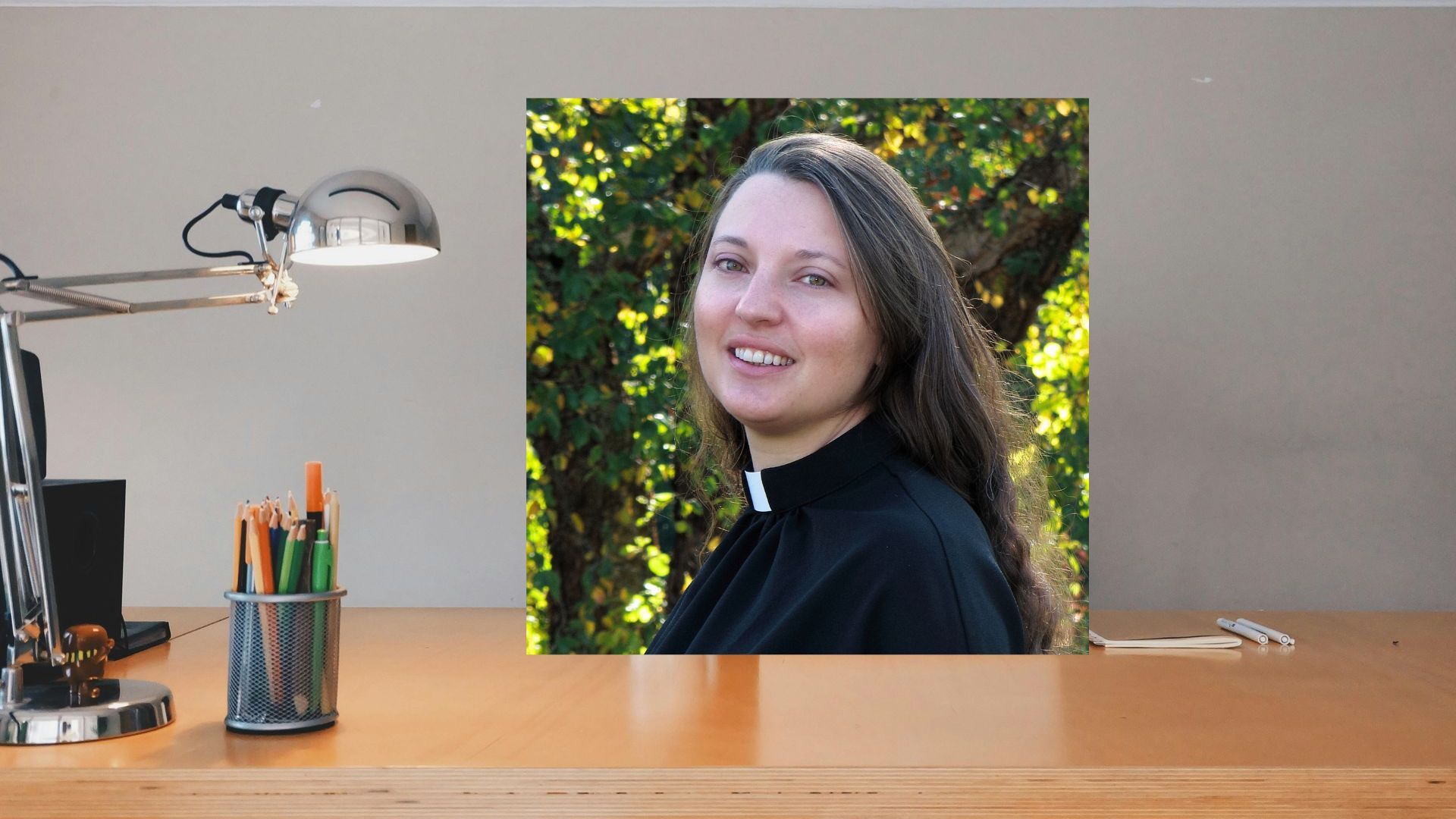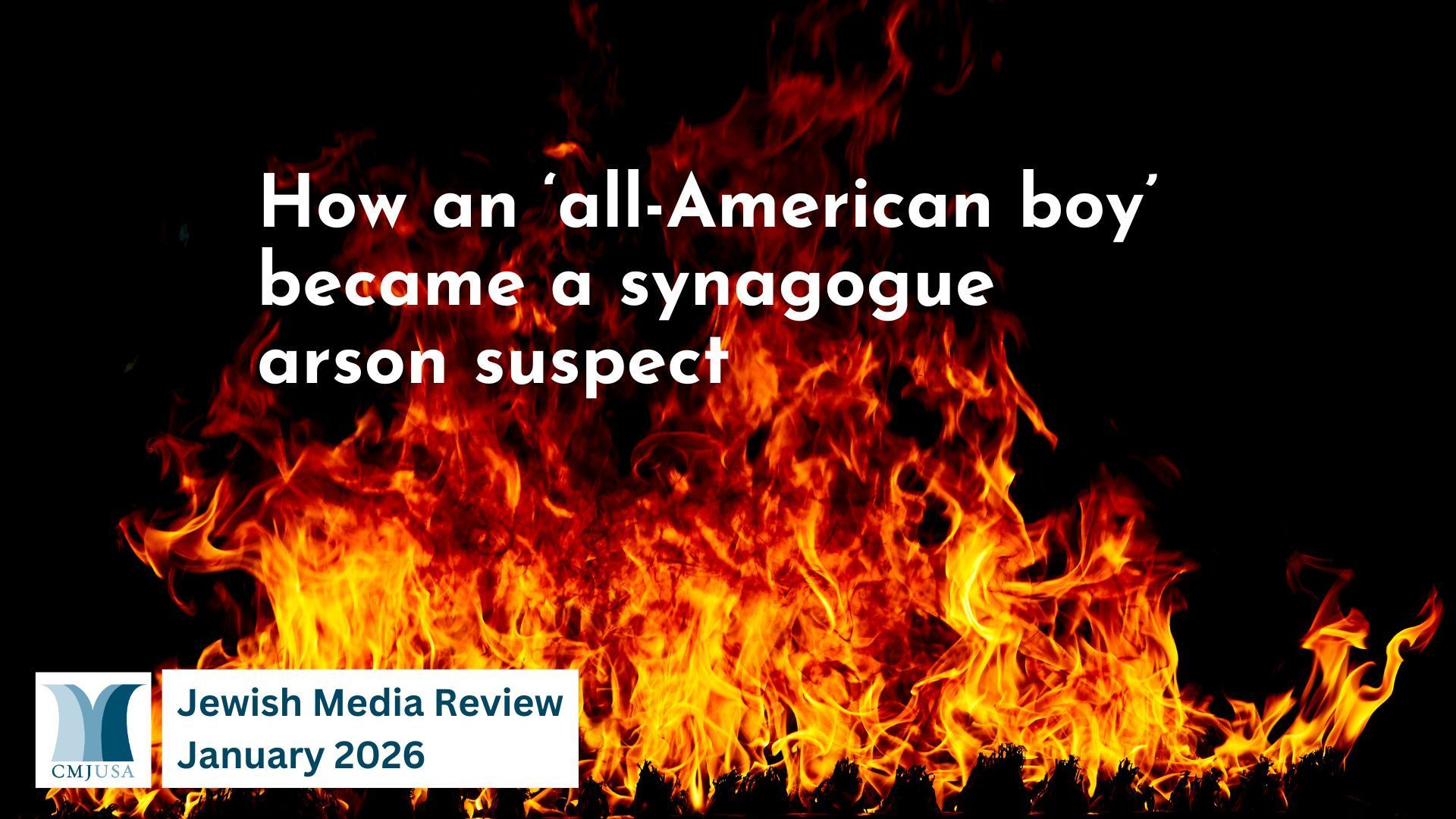The Holy Spirit, the third Person of the Trinity, however, does not only have relevance to the church, but also has profound implications for the Jewish people as a sign that Jesus truly is the Messiah, and is directly connected with their restoration. The Holy Spirit is not merely a New Testament concept but is instead spoken of extensively throughout the Hebrew Bible, especially as it relates to the Messiah and the Nation of Israel.
The Holy Spirit, the third Person of the Trinity, however, does not only have relevance to the church, but also has profound implications for the Jewish people as a sign that Jesus truly is the Messiah, and is directly connected with their restoration. The Holy Spirit is not merely a New Testament concept but is instead spoken of extensively throughout the Hebrew Bible, especially as it relates to the Messiah and the Nation of Israel.




